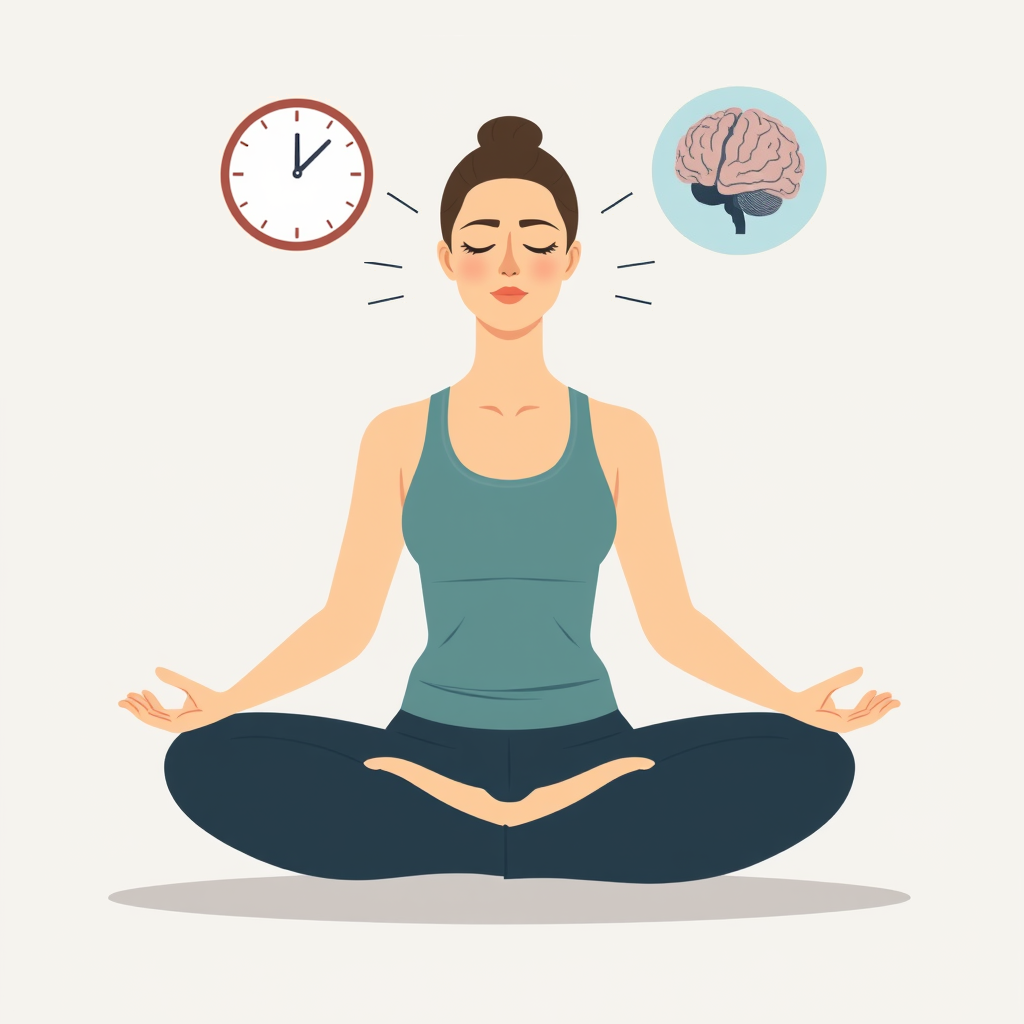Mindfulness Meditation
In a world filled with distractions, demands, and a never-ending stream of thoughts, mindfulness meditation offers a sanctuary. It’s a practice of bringing your attention to the present moment, helping you cultivate awareness, calm, and a sense of inner peace.
Mindfulness meditation is accessible to everyone, whether you’re a beginner or a seasoned meditator. Its beauty lies in its simplicity and its ability to transform the way we experience life.

What is Mindfulness Meditation?
At its core, mindfulness meditation is the practice of paying attention to the present moment—on purpose, and without judgment. It’s about noticing what’s happening within and around you, whether it’s your breath, bodily sensations, thoughts, or emotions.
Unlike other forms of meditation that may focus on specific outcomes or techniques, mindfulness is about being fully present with whatever arises, as it is.
The Benefits of Mindfulness Meditation
Research has demonstrated that mindfulness meditation can have profound effects on both mental and physical well-being. Here are some key benefits:
- Reduces Stress: Mindfulness helps calm the mind, reducing the physiological and psychological effects of stress.
- Enhances Focus: Regular practice trains your attention, improving concentration and productivity.
- Improves Emotional Regulation: Mindfulness creates space between stimulus and response, helping you manage emotions more effectively.
- Boosts Resilience: Facing challenges with mindful awareness can increase your ability to cope with life’s ups and downs.
- Supports Physical Health: Studies have shown mindfulness can lower blood pressure, improve sleep, and even boost immune function.
How to Practice Mindfulness Meditation
You don’t need any special equipment or prior experience to get started. Here’s a simple guide:
-
Find a Quiet Place: Choose a spot where you won’t be disturbed. You can sit on a cushion, chair, or floor—whatever is comfortable.
-
Settle Into a Comfortable Position: Sit upright but relaxed, with your hands resting on your lap or knees. You can also lie down if that’s more comfortable.
-
Focus on Your Breath: Close your eyes or soften your gaze. Bring your attention to your breath—notice the sensation of air entering your nose, filling your lungs, and leaving your body.
-
Notice When Your Mind Wanders: It’s natural for your mind to drift. When you notice this, gently guide your focus back to your breath. There’s no need to judge or get frustrated.
-
Expand Your Awareness: If you feel ready, broaden your attention to include bodily sensations, sounds, or even your thoughts and emotions. Observe them as they come and go, like clouds passing in the sky.
-
End with Gratitude: After 5–20 minutes, slowly bring your practice to a close. Take a moment to acknowledge yourself for taking time to be present. It sounds cheesy, but try it!
Tips for a Deeper Practice
- Restless Mind: It’s completely normal to feel distracted. Each time you notice, gently bring your focus back. There is no need to get frustrated with yourself for getting distracted. This redirection is part of the practice.
- Frustration is Just Another Thought: Frustration is simply a passing thought, like any other. Treat it as part of the process, and gently return your focus. With time and practice, it gets easier!
- Judging Yourself: Thoughts like “I’m not doing this right” are common. Notice the judgment, let it go, and return to the present.
- Staying Consistent: Start small—just 5 minutes a day. Gradually increase as the practice becomes part of your routine.
Why Mindfulness Matters
Mindfulness meditation teaches us that life unfolds only in the present moment. By training our minds to be here, rather than lost in the past or future, we experience life with greater clarity, compassion, and joy.
“If you can concentrate the mind for two seconds, you can do it for two minutes, and you can do it for two hours. Of course, if you want to make this kind of thing horribly difficult, you begin to think about whether you are concentrating, about how long you have concentrated, and about how much longer you are going to keep it up, All this is totally off the point. Concentrate for one second. If, at the end of this time, your mind has wandered off, concentrate for another second, and then another. Nobody ever has to concentrate for more than one second –- this one.” - Alan Watts
Ready to Begin?
Mindfulness meditation is a gift you can give yourself at any time. Whether you’re seeking stress relief, emotional balance, or simply a deeper connection with the world around you, mindfulness is a path worth exploring. Start with just a few minutes today—you might be surprised by the difference it makes.
Feedback
Was this page helpful?
Glad to hear it! Please tell us how we can improve.
Sorry to hear that. Please tell us how we can improve.